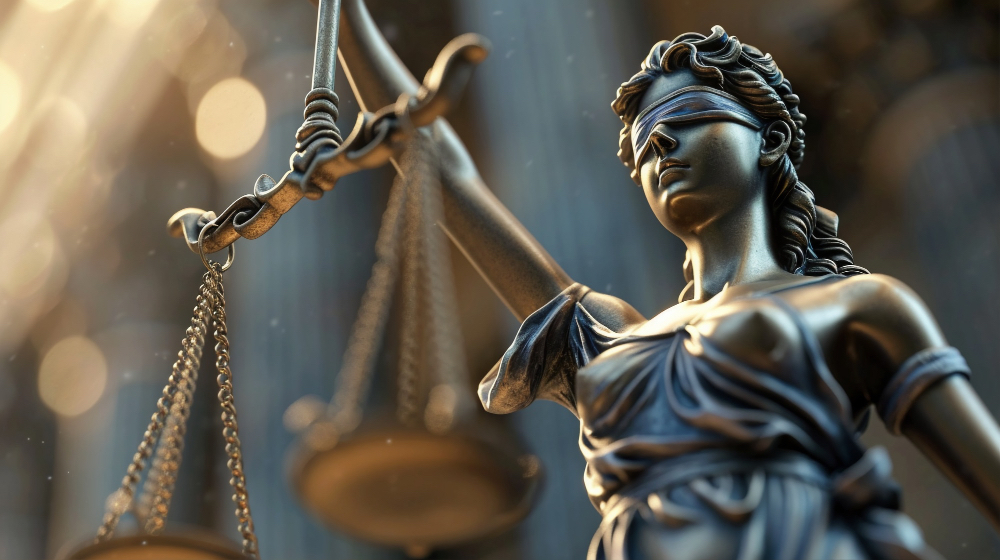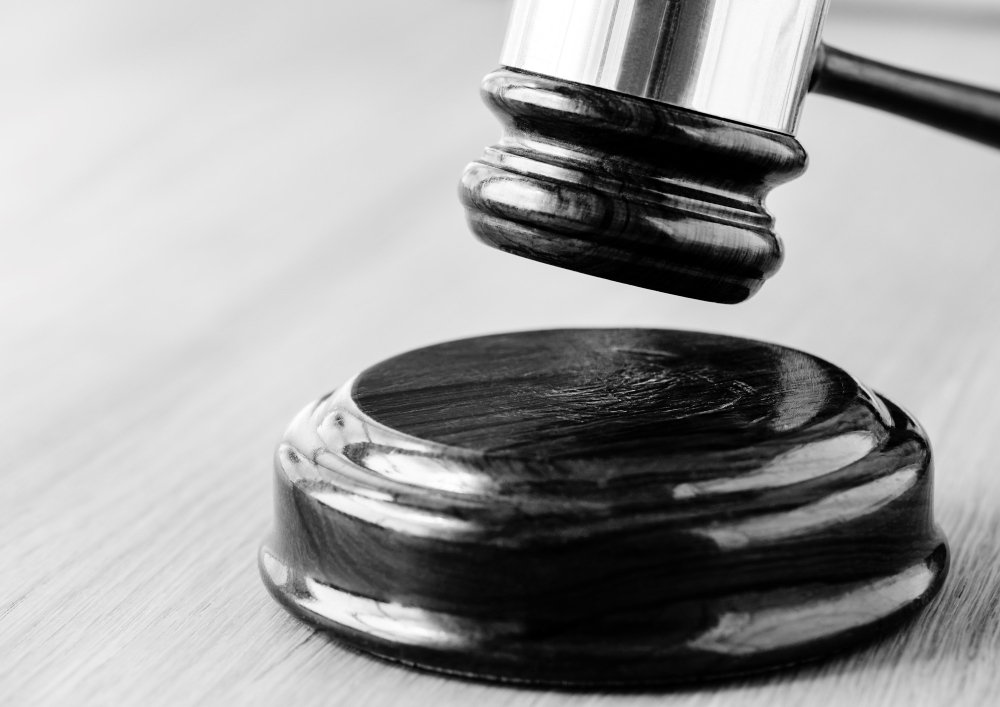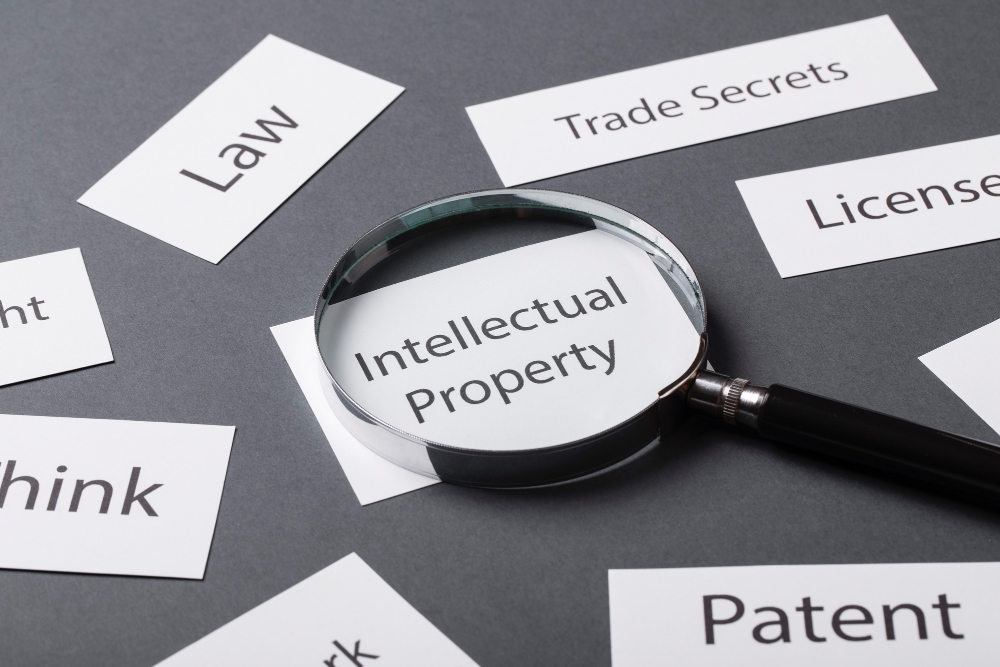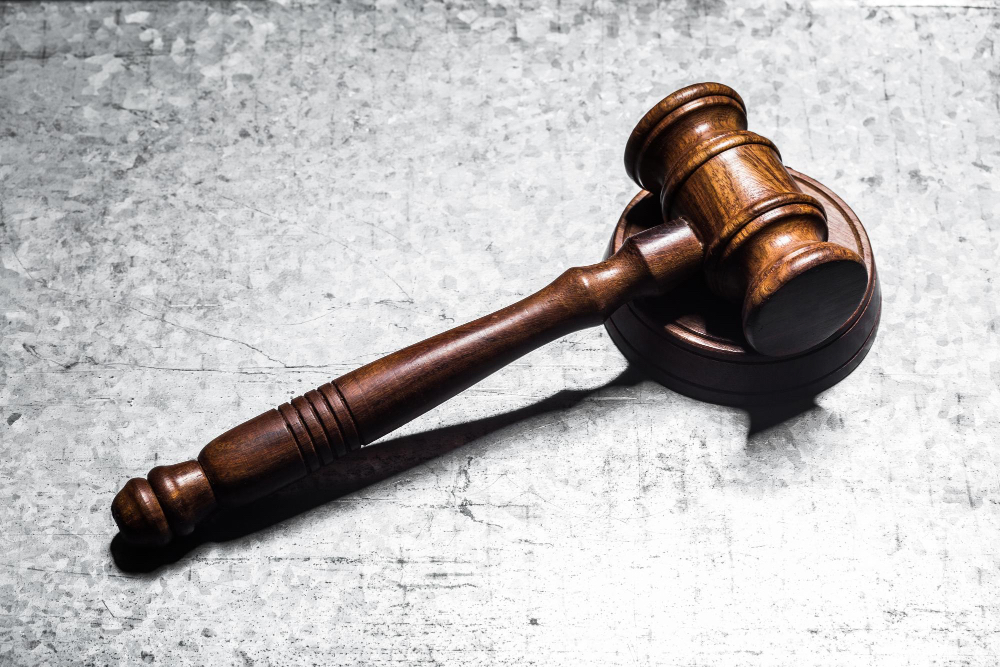Is the world ready for AI to rule justice?
AI is reshaping the justice system with unprecedented efficiency, but true progress depends on whether humanity is ready to balance innovation with responsibility and ethical judgement.

AI is creeping into almost every corner of our lives, and it seems the justice system’s turn has finally come. As technology reshapes the way we work, communicate, and make decisions, its potential to transform legal processes is becoming increasingly difficult to ignore. The justice system, however, is one of the most ethically sensitive and morally demanding fields in existence.
For AI to play a meaningful role in it, it must go beyond algorithms and data. It needs to understand the principles of fairness, context, and morality that guide every legal judgement. And perhaps more challengingly, it must do so within a system that has long been deeply traditional and conservative, one that values precedent and human reasoning above all else. Jet, from courts to prosecutors to lawyers, AI promises speed, efficiency, and smarter decision-making, but can it ever truly replace the human touch?

AI in courts: Smarter administration, not robot judges… yet
Courts across the world are drowning in paperwork, delays, and endless procedural tasks, challenges that are well within AI’s capacity to solve efficiently. From classifying cases and managing documentation to identifying urgent filings and analysing precedents, AI systems are beginning to serve as silent assistants within courtrooms.
The German judiciary, for example, has already shown what this looks like in practice. AI tools such as OLGA and Frauke have helped categorise thousands of cases, extract key facts, and even draft standardised judgments in air passenger rights claims, cutting processing times by more than half. For a system long burdened by backlogs, such efficiency is revolutionary.
Still, the conversation goes far beyond convenience. Justice is not a production line; it is built on fairness, empathy, and the capacity to interpret human intent. Even the most advanced algorithm cannot grasp the nuance of remorse, the context of equality, or the moral complexity behind each ruling. The question is whether societies are ready to trust machine intelligence to participate in moral reasoning.
The final, almost utopian scenario would be a world where AI itself serves as a judge who is unbiased, tireless, and immune to human error or emotion. Yet even as this vision fascinates technologists, legal experts across Europe, including the EU Commission and the OECD, stress that such a future must remain purely theoretical. Human judges, they argue, must always stay at the heart of justice- AI may assist in the process, but it must never be the one to decide it. The idea is not to replace judges but to help them navigate the overwhelming sea of information that modern justice generates.
Courts may soon become smarter, but true justice still depends on something no algorithm can replicate: the human conscience.

AI for prosecutors: Investigating with superhuman efficiency
Prosecutors today are also sifting through thousands of documents, recordings, and messages for every major case. AI can act as a powerful investigative partner, highlighting connections, spotting anomalies, and bringing clarity to complex cases that would take humans weeks to unravel.
Especially in criminal law, cases can involve terabytes of documents, evidence that humans can hardly process within tight legal deadlines or between hearings, yet must be reviewed thoroughly. AI tools can sift through this massive data, flag inconsistencies, detect hidden links between suspects, and reveal patterns that might otherwise remain buried. Subtle details that might escape the human eye can be detected by AI, making it an invaluable ally in uncovering the full picture of a case. By handling these tasks at superhuman speed, AI could also help accelerate the notoriously slow pace of legal proceedings, giving prosecutors more time to focus on strategy and courtroom preparation.
More advanced systems are already being tested in Europe and the US, capable of generating detailed case summaries and predicting which evidence is most likely to hold up in court. Some experimental tools can even evaluate witness credibility based on linguistic cues and inconsistencies in testimony. In this sense, AI becomes a strategic partner, guiding prosecutors toward stronger, more coherent arguments.

AI for lawyers: Turning routine into opportunity
The adoption of AI and its capabilities might reach their maximum when it comes to the work of lawyers, where transforming information into insight and strategy is at the core of the profession. AI can take over repetitive tasks: reviewing contracts, drafting documents, or scanning case files, freeing lawyers to focus on the work that AI cannot replace, such as strategic thinking, creative problem-solving, and providing personalised client support.
AI can be incredibly useful for analysing publicly available cases, helping lawyers see how similar situations have been handled, identify potential legal opportunities, and craft stronger, more informed arguments. By recognising patterns across multiple cases, it can suggest creative questions for witnesses and suspects, highlight gaps in the evidence, and even propose potential defence strategies.
AI also transforms client communication. Chatbots and virtual assistants can manage routine queries, schedule meetings, and provide concise updates, giving lawyers more time to understand clients’ needs and build stronger relationships. By handling the mundane, AI allows lawyers to spend their energy on reasoning, negotiation, and advocacy.

Balancing promise with responsibility
AI is transforming the way courts, prosecutors, and lawyers operate, but its adoption is far from straightforward. While it can make work significantly easier, the technology also carries risks that legal professionals cannot ignore. Historical bias in data can shape AI outputs, potentially reinforcing unfair patterns if humans fail to oversee its use. Similarly, sensitive client information must be protected at all costs, making data privacy a non-negotiable responsibility.
Training and education are therefore crucial. It is essential to understand not only what AI can do but also its limits- how to interpret suggestions, check for hidden biases, and decide when human judgement must prevail. Without this understanding, AI risks being a tool that misleads rather than empowers.
The promise of AI lies in its ability to free humans from repetitive work, allowing professionals to focus on higher-value tasks. But its power is conditional: efficiency and insight mean little without the ethical compass of the human professionals guiding it.
Ultimately, the justice system is more than a process. It is about fairness, empathy, and moral reasoning. AI can assist, streamline, and illuminate, but the responsibility for decisions, for justice itself, remains squarely with humans. In the end, the true measure of AI’s success in law will be how it enhances human judgement, not how it replaces it.
So, is the world ready for AI to rule justice? The answer remains clear. While AI can transform how justice is delivered, the human mind, heart, and ethical responsibility must remain at the centre. AI may guide the way, but it cannot and should not hold the gavel.
Would you like to learn more about AI, tech and digital diplomacy? If so, ask our Diplo chatbot!

